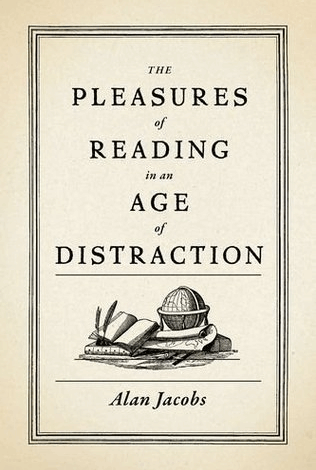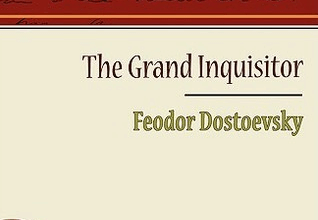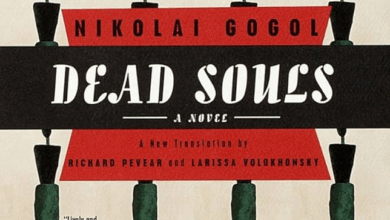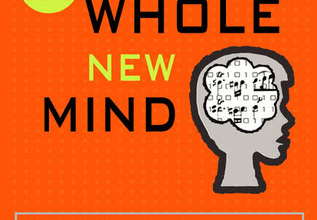The Pleasures of Reading in an Age of Distraction: A Poetic Defense of Focus

Reading this book felt like a pause in the middle of endless notifications, pop-ups, and noise that keep dragging us away from ourselves. In The Pleasures of Reading in an Age of Distraction, Alan Jacobs doesn’t speak like a professor prescribing rules, but like a friend reminding you of something you already know deep down: reading should begin with desire, not duty. I found the book fascinating because it approaches reading from many angles;
not as a lost habit to mourn, but as an art that can still be revived in a distracted world.
Jacobs begins with his own experience as a literature teacher, observing how many of his students read out of obligation rather than love. For him, the modern education system has stripped the joy from reading. We’ve been trained to read for assignments, for discussion, for productivity; rarely for the pure pleasure of it. His solution is refreshingly simple: read at whim. He quotes George Steiner’s line that “true reading is always an act of love,” and builds his whole philosophy around that idea.
The book is essentially a collection of meditations on why and how we read. Jacobs moves between two poles: on one side, the cultural pressure to read “properly”; to follow lists, classics, and canonical works; on the other, the freedom of personal choice and private delight. He unapologetically takes the latter’s side. “If you’re not enjoying it,” he writes, “the problem isn’t the book; it’s the moment.” In a world obsessed with speed and efficiency, reading, he suggests, is an act of quiet resistance; a reclaiming of attention and intimacy in an economy that profits from our distraction.
One of the most interesting parts of the book is his reflection on the state of “flow”; that rare experience when you are so absorbed in a book that time seems to stop. Jacobs argues that this immersion only happens when you read out of genuine curiosity, not compulsion. Focus, he says, is born from desire, not discipline. It’s a simple but profound idea: the best concentration grows from love, not effort.
At the same time, the book doesn’t romanticize the past. Jacobs recognizes how digital life fragments our minds. Phones, social media, constant updates; they have trained us to live in perpetual partial attention. Deep reading, in this context, becomes almost a subversive act. Yet his tone isn’t moralistic; it’s humane. He doesn’t tell you to abandon the internet, only to find a way to hear the voice of a book amid the noise.
For Jacobs, reading is a way of rebuilding the self. He connects it to a long tradition stretching from Augustine to C.S. Lewis, a lineage that sees reading as a conversation between minds across time. But he insists this conversation must remain alive and free. Don’t worship books, he warns. If a book isn’t speaking to you, put it down and pick up another. Loyalty to pleasure is loyalty to life.
What makes the book even more charming is Jacobs’s personal warmth and humor. He confesses the joy of rereading; of returning to old books at different ages and discovering new meanings each time. Some books, he says, act like mirrors; they reflect who you are now, and who you’ve become since you last opened them. That idea reminded me of my own experience rereading The Catcher in the Rye. how a book can stay the same, yet change completely, because you’ve changed.
One of the book’s strengths is its multidimensional approach. Jacobs blends philosophy, psychology, and media theory to build his argument. He advocates what he calls “slow reading” against the culture of “fast consumption.” “When you read for speed,” he writes, “you’re not really reading; you’re skimming the surface.” True pleasure lies in pausing; in that moment when a sentence catches you off guard and makes you think.
At its core, the book is not a lecture but a gentle conversation. Jacobs never preaches; he reassures. He isn’t trying to make readers better people; he’s trying to remind them that reading can still be a way of being alive. In a world ruled by metrics and deadlines, reading for no reason at all — simply because you want to — becomes a small but powerful act of rebellion.
By the end, you realize this book is about much more than reading. It’s about recovering your mind, your silence, your inner rhythm. Alan Jacobs reminds us that even in an age of distraction, it’s still possible to carve out a quiet corner; a place where there are no notifications or demands, only the steady voice of words.
For me, The Pleasures of Reading in an Age of Distraction is a return to the essence of what it means to be human: to read, to pause, to think, and perhaps, in the stillness between sentences, to find ourselves again.




